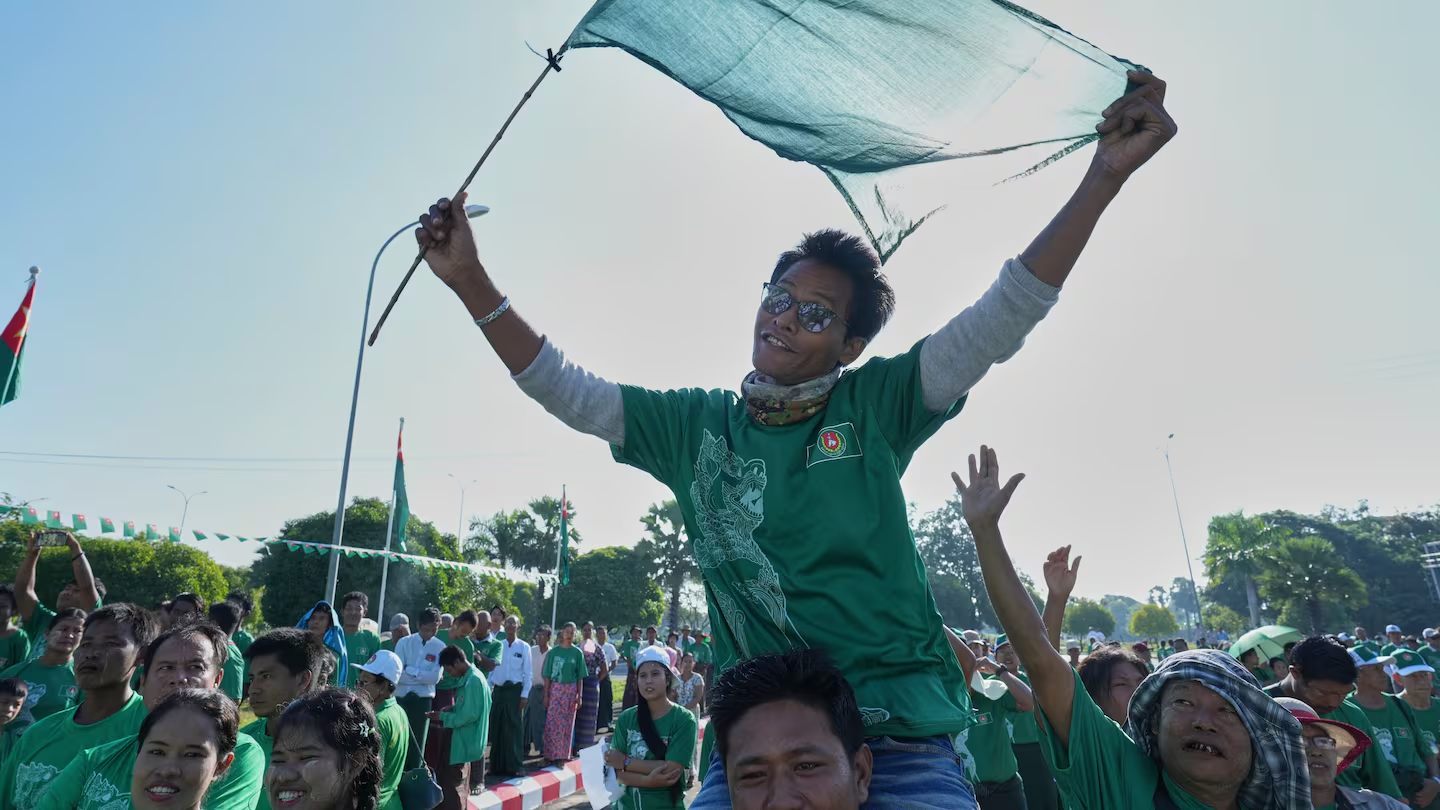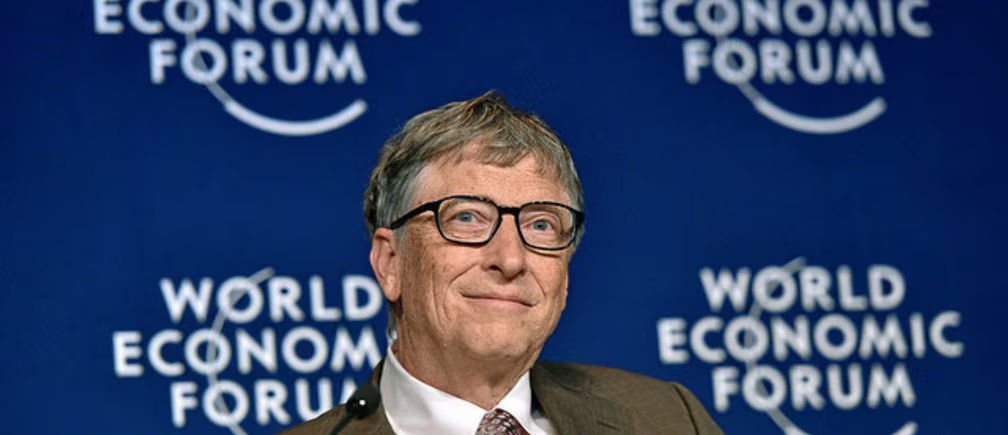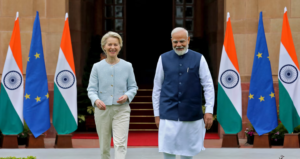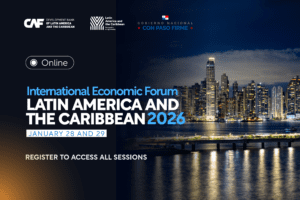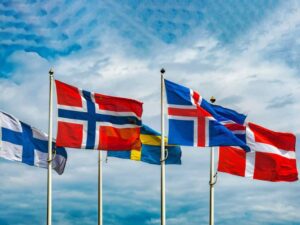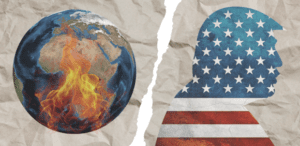Key Impact Points:
- Enhanced U.S. Engagement: The Biden-Harris administration has expanded U.S. influence in the Pacific, focusing on climate resilience, economic development, and security, with new diplomatic posts and significant financial commitments.
- Geopolitical Tensions: The U.S. and China are competing for influence in the Pacific Islands, with both countries making substantial diplomatic and financial overtures to Pacific Island nations.
- Support for Climate Resilience: The U.S. announced new funding initiatives to bolster climate resilience, including significant contributions to the Pacific Resilience Facility and climate finance activities, highlighting its long-term commitment to the region.
Why it matters
The United States is significantly ramping up its diplomatic and development efforts in the Pacific Islands, a region that has become a critical arena of geopolitical competition between the U.S. and China. This renewed focus was evident at the 53rd Pacific Island Forum (PIF) in Tonga, where the U.S. demonstrated its commitment through new financial and diplomatic initiatives aimed at fostering closer ties with Pacific nations.
Key Themes
- U.S. Diplomatic and Development Initiatives:
The Biden-Harris administration has taken several bold steps to solidify the U.S. presence in the Pacific. This includes opening new embassies in strategic locations like Tonga, Vanuatu, and Solomon Islands, recognizing Cook Islands and Niue as sovereign states, and launching the U.S.-Pacific Partnership Strategy. These moves are part of a broader effort to counter China’s growing influence in the region and to promote shared priorities such as climate action, economic development, and regional security.
“Our commitment to the Pacific is steadfast and future-oriented. The long-term investments we are making in our presence and our partnerships in this region are evidence of our intent to build lasting relationships with our Pacific partners.”
In addition to these diplomatic efforts, the U.S. has made substantial financial commitments, including plans to provide over $8 billion in new funding for the Pacific Islands. This funding will support various initiatives, from enhancing maritime security to boosting economic resilience through microfinance programs and infrastructure investments.
- Addressing Climate Resilience:
Climate change remains the most significant existential threat to Pacific Island nations, and the U.S. is stepping up its support to help these countries build resilience. The U.S. committed $20 million to the Pacific Resilience Facility, which aims to enhance disaster preparedness and support climate adaptation projects across the region. Additionally, the U.S. announced $2.65 million for the Tuvalu Coastal Adaptation Project, which will increase the nation’s land area to mitigate the impacts of rising sea levels. The U.S. is also launching Climate Ready 2.0, a five-year initiative designed to improve access to and management of climate finance, and a new partnership with the private sector to scale up successful local climate solutions in countries like Fiji and Papua New Guinea. These efforts are part of a broader strategy to ensure that Pacific Island nations have the resources and support needed to adapt to the impacts of climate change.
“Recognizing that climate impacts like sea-level rise are already underway, we must also advance adaptation efforts.”
- Geopolitical Contest in the Pacific:
The Pacific Islands have become a strategic battleground for influence between the U.S. and China, with both nations making significant efforts to win favor among Pacific leaders. At the PIF, the U.S. announced a range of new commitments, including $20 million towards a PIF-run climate finance agency and $50 million for micro-loans across the Pacific. These initiatives are part of a broader U.S. strategy to counter China’s influence in the region by offering tangible benefits and deepening diplomatic ties. The geopolitical tensions were also highlighted by the controversy surrounding Taiwan’s participation in the forum. China has pressured Pacific nations to downgrade Taiwan’s status, but countries like Palau have resisted these efforts, arguing that such moves would undermine the forum’s unity and sovereignty.
“The Pacific is a hotly contested region for the geopolitical battle between the U.S. and China, with both countries offering aid and sparring for influence.”
Despite these tensions, the U.S. remains focused on building long-term, collaborative relationships with Pacific Island nations, emphasizing the importance of addressing regional needs through initiatives like the Pacific Resilience Facility and climate finance programs.
- Economic Development and Security Cooperation:
The U.S. is also making significant investments in economic development and security cooperation in the Pacific. This includes a $50 million microfinance facility for micro-, small-, and medium-sized enterprises (MSMEs), as well as investments in secure and resilient internet infrastructure throughout the region. Additionally, the U.S. is working with Pacific Island governments to strengthen maritime security and combat illegal fishing, a major concern for many Pacific nations. The U.S. is also supporting the development of resilient infrastructure in the Pacific, including a feasibility study for a new hospital in Palau and a $1 million investment in expanding biogas systems in Tuvalu. These initiatives are designed to enhance the region’s economic resilience and improve the quality of life for Pacific Islanders.
“The long-term investments we are making in our presence and our partnerships in this region are evidence of our intent to build lasting relationships with our Pacific partners.”
Change the World - Subscribe Now
In the realm of security, the U.S. has pledged $3 million to strengthen the rule of law and combat corruption in the Pacific Islands. This includes deploying a U.S. Department of Justice advisor to work with Pacific Island governments on justice sector reforms and anti-corruption initiatives.
Bottom Line
As the Pacific Islands become an increasingly strategic region, the U.S. is ramping up its diplomatic, economic, and security efforts to solidify relationships and counterbalance China’s growing influence. The 53rd Pacific Island Forum highlighted both the opportunities and challenges of this engagement, with climate resilience, economic development, and security cooperation at the forefront of the U.S. agenda. The U.S.’s proactive approach reflects a deep commitment to ensuring that Pacific Island nations are equipped to meet the challenges of the 21st century while maintaining their sovereignty and regional stability.
Related Article: SDG News Feature: The Pacific Island Forum – “Build Better Now” in the Kingdom of Tonga

 Follow SDG News on LinkedIn
Follow SDG News on LinkedIn

